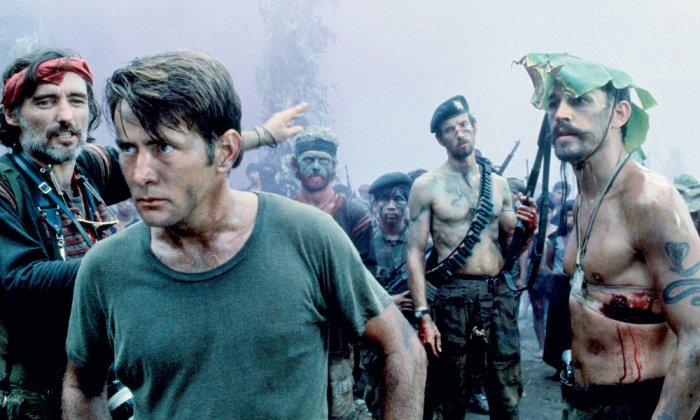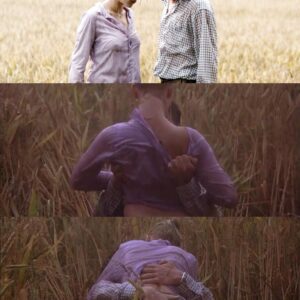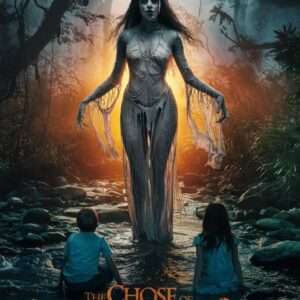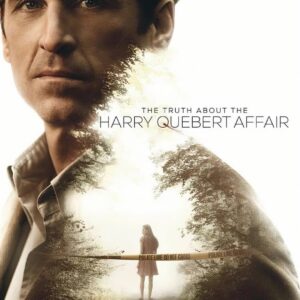Released in 1979, “Apocalypse Now” is a renowned American war film directed by Francis Ford Coppola.

The movie is set during the Vietnam War and follows the journey of Captain Benjamin L. Willard as he embarks on a mission to assassinate Colonel Kurtz, a rogue officer who has gone insane and set himself up as a god among a local tribe.
One of the defining features of “Apocalypse Now” is its captivating storytelling and strong character development. The film delves deep into the psyche of its characters, exploring themes of morality, war, and the darkness of human nature.
Captain Willard, played by Martin Sheen, is a complex and conflicted protagonist who is tasked with a morally ambiguous mission. His journey down the river to find Colonel Kurtz mirrors the descent into madness and chaos of the Vietnam War itself.

Another standout aspect of the movie is its stunning cinematography and visuals. The lush landscapes of Vietnam, coupled with the haunting soundtrack by Walter Murch, create a visceral and immersive viewing experience. The iconic helicopter attack scene set to the sound of Wagner’s “Ride of the Valkyries” is a prime example of the film’s technical excellence and artistry.
“Apocalypse Now” is also known for its troubled production history, with Coppola famously facing numerous challenges and setbacks during filming. From budget overruns to inclement weather to lead actor Martin Sheen suffering a heart attack, the production of the movie was plagued with difficulties. Despite these obstacles, Coppola persevered and the end result is a cinematic masterpiece that continues to be celebrated and analyzed to this day.
The film’s exploration of the futility and horror of war, as well as its stark portrayal of the human condition, has cemented its status as a classic of American cinema. “Apocalypse Now” remains a thought-provoking and emotionally resonant film that continues to captivate and challenge audiences with its powerful storytelling and visual artistry.





